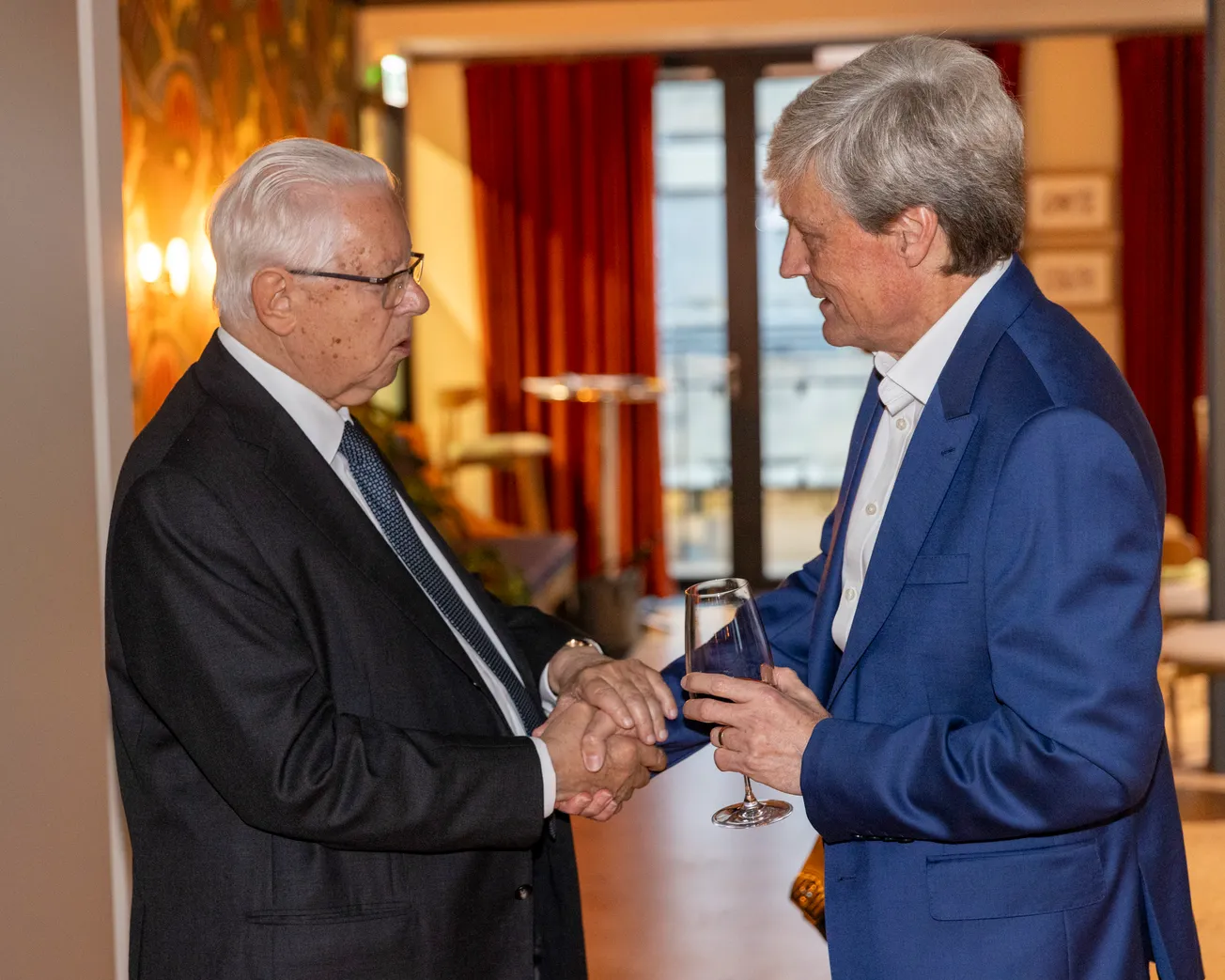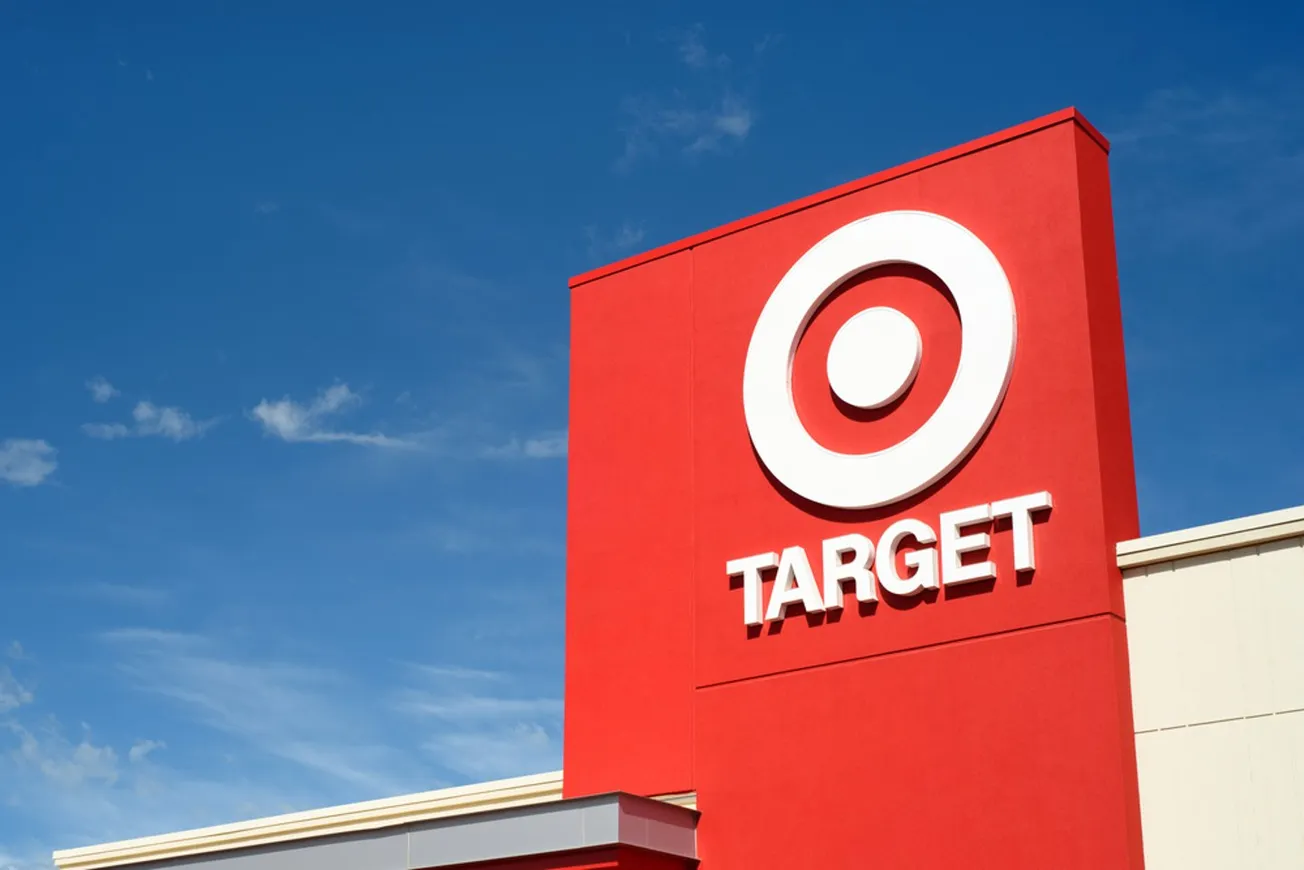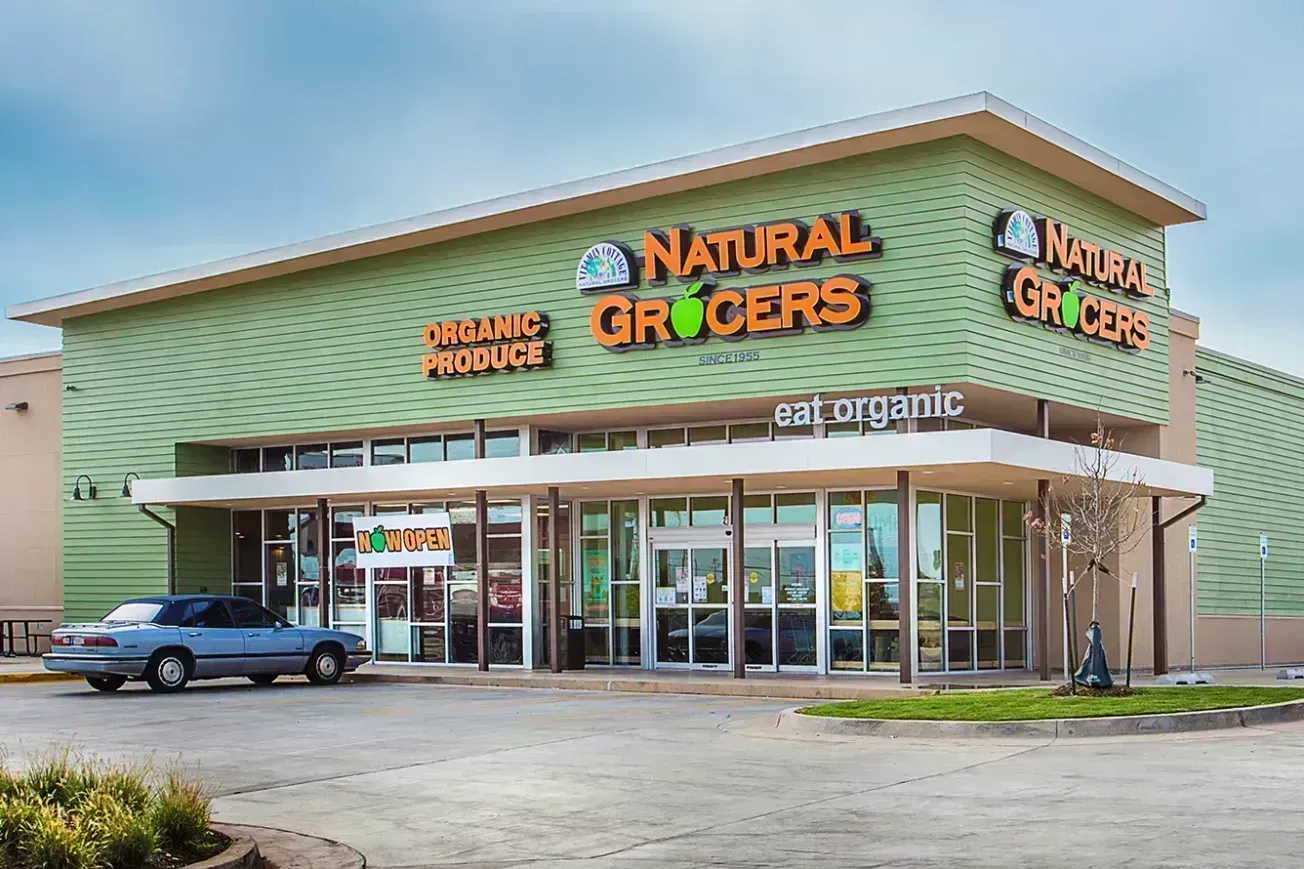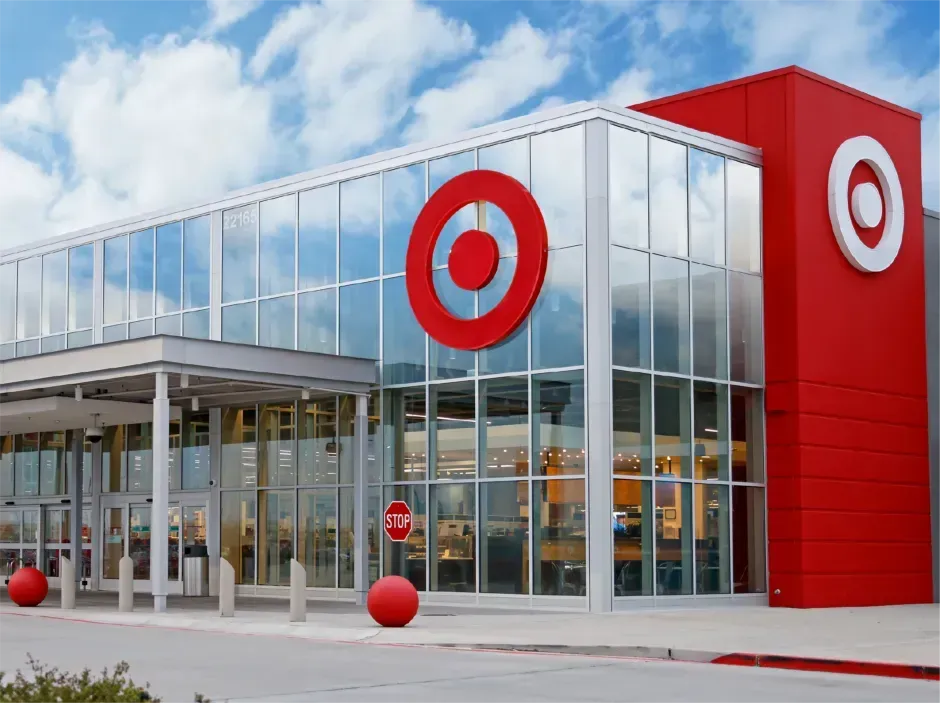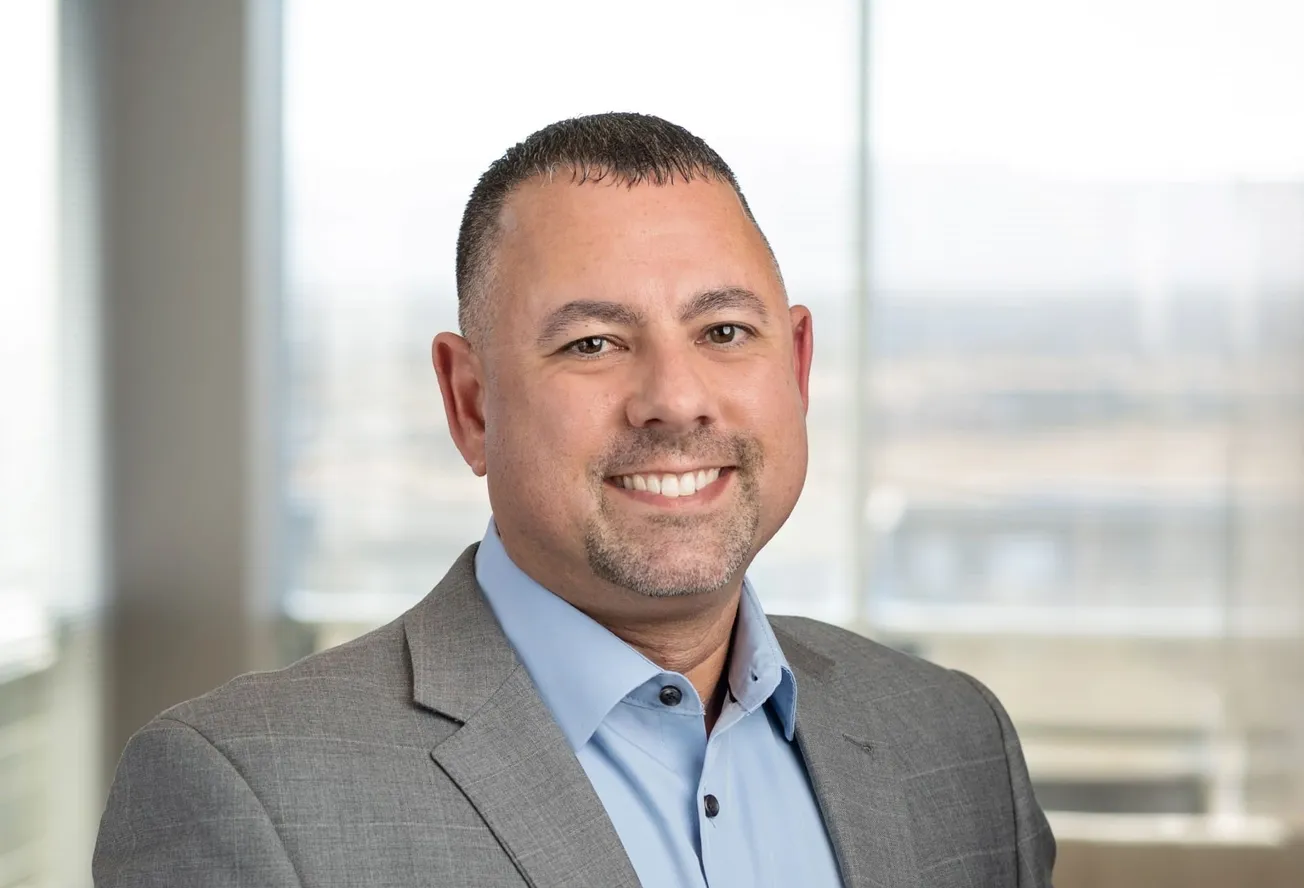LONDON — Building on the thought leadership it has established over the past 16 years with its annual Industry Day sessions, The Emerson Group initiated its Future of Commerce 2030 series here with an event that was live-streamed to retailer and supplier executives across the globe.
According to Ed Morgan, president of The Emerson Group, the new series will explore the future of the retail and consumer packaged goods industries with a focus on challenging norms and driving success. “We’ll delve into the macro trends of retail, of brands, of consumer technology and of leadership,” he said. “So if you have an interest in what the future holds for this industry, you’re in the right place today.”
The inaugural London event was hosted by Chain Drug Review, MMR and WSL Strategic Retail, along the with The Emerson Group. Plans call for four more events next year. In early February 2025 there will be an event with Walmart’s leadership in Bentonville, Ark., followed in May by a session with Costco’s leadership team in Seattle. The final event of the year will be held next October with CVS Health’s leadership team.
The London event started with a presentation on the “Future of the Consumer Landscape” by Jacqueline Windsor, partner in strategy and deals consumer markets and U.K. head of retail at PwC. Windsor pointed out some of the differences between consumers in the United Kingdom and their counterparts in the United States, noting that the U.K. is less diverse, with Asians constituting the largest ethic minority. She cautioned that retailers and CPG suppliers will have to navigate complex and sometimes contradictory consumer behaviors.
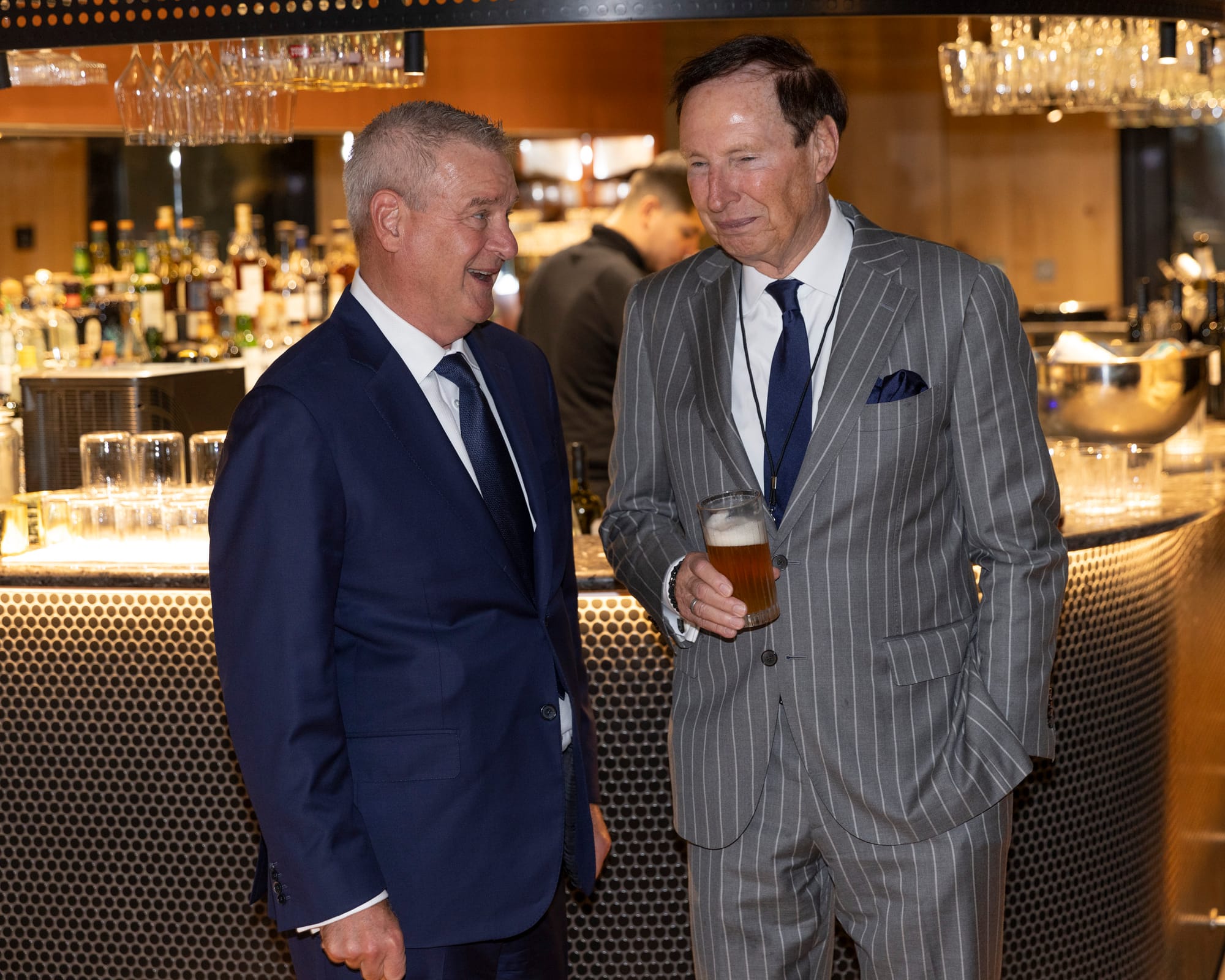
Among the highlights of the inaugural session of the Future of Commerce 2030 series was a panel discussion on the future of retail that featured executives of leading U.K. retailers. Moderated by Wendy Liebmann, chief executive officer and chief shopper of WSL Strategic Retail, panelists included Alex Gourlay, executive chair of Holland & Barrett, a multinational chain of health food stores; Matthew Barnes, CEO of Tesco U.K.; and Marco Kormann Rodrigues, partner leader of retail and CPG for Amazon Web Services (AWS).
Liebmann pointed out that, despite the explosive growth of e-commerce in recent years, consumers still plainly want to go to stores, and posed the question of what the role of the brick-and-mortar store will be in the new age.
Gourlay noted that in the health and wellness space little has changed. “You buy services and solutions from people you trust, and that often is the individual in your community pharmacy or community store that you’ve known for many years,” he said. “So the human in the store is much more important, because sometimes the emotion around the decision you make about your health or your family’s health requires a relationship and a conversation.”
With multiple generations active in the workplace, leaders have to consider how to create an effective work culture, which is no easy task. Steve Anderson, president and CEO of the National Association of Chain Drug Stores, led a discussion featuring Claire Hannah, chief customer and digital commerce officer for Unilever; Manoj Raghunandanan, managing director of Kenvue for northern Europe; and Sebastian James, managing director of Boots PLC. James argued that there is no way to “make” a culture and that changing corporate culture is a difficult and slow process. Boots, which was founded 175 years ago, has a culture that was averse to change, he pointed out.
“I tried to explore why, and I came to the conclusion a bit reluctantly that the reason was that everyone in the organization was desperately afraid of disappointing Jesse Boot, who had been dead for 100 years,” he said.

